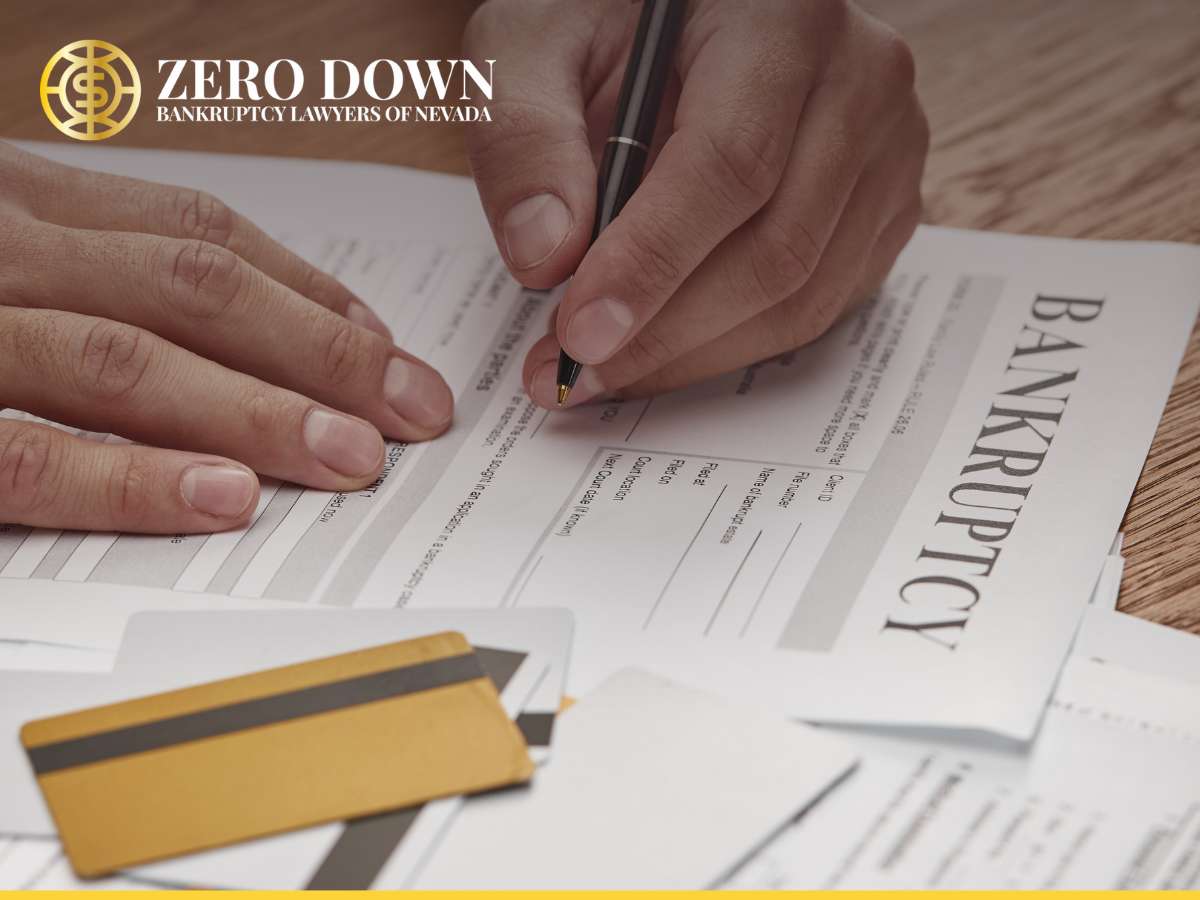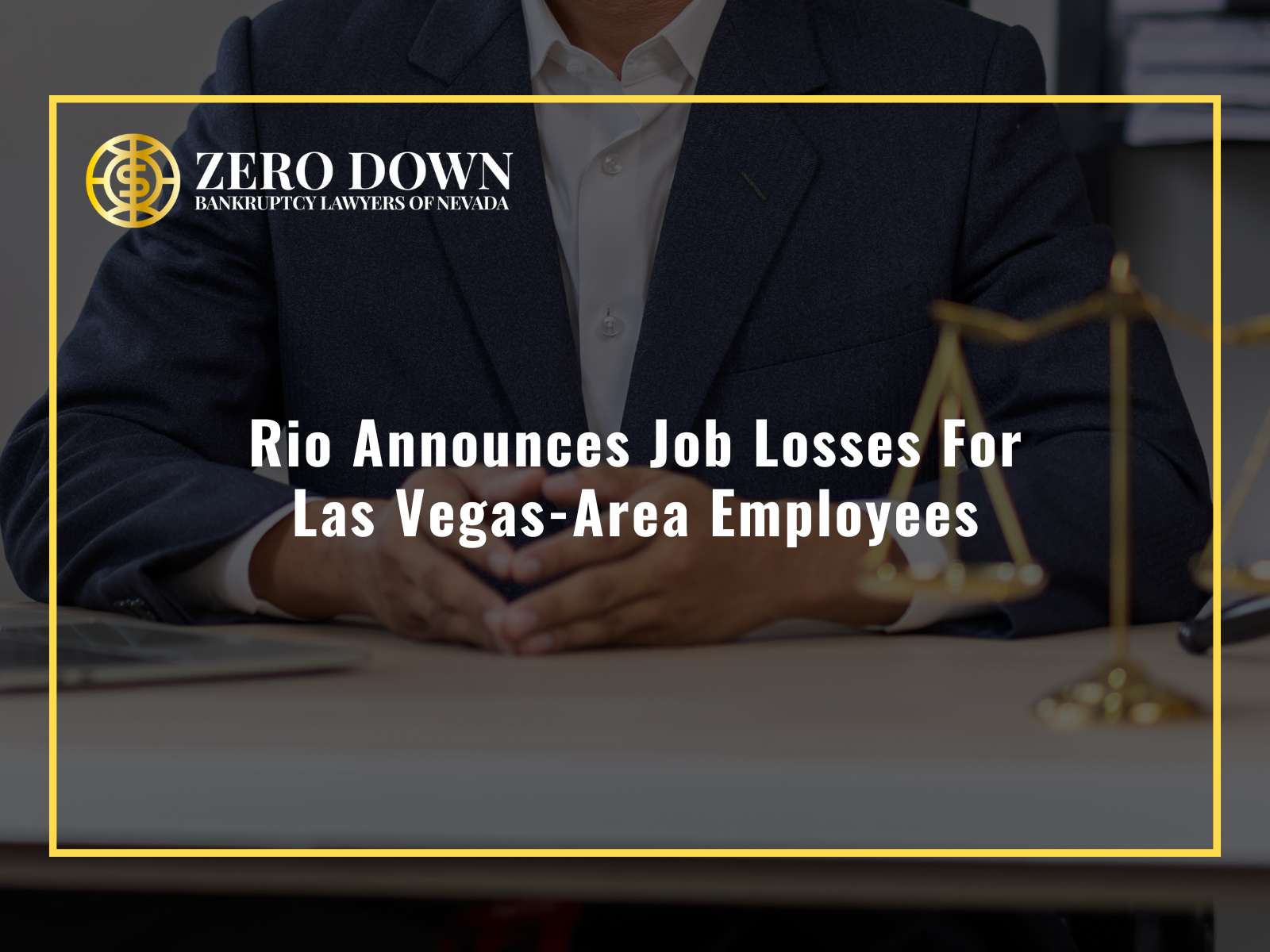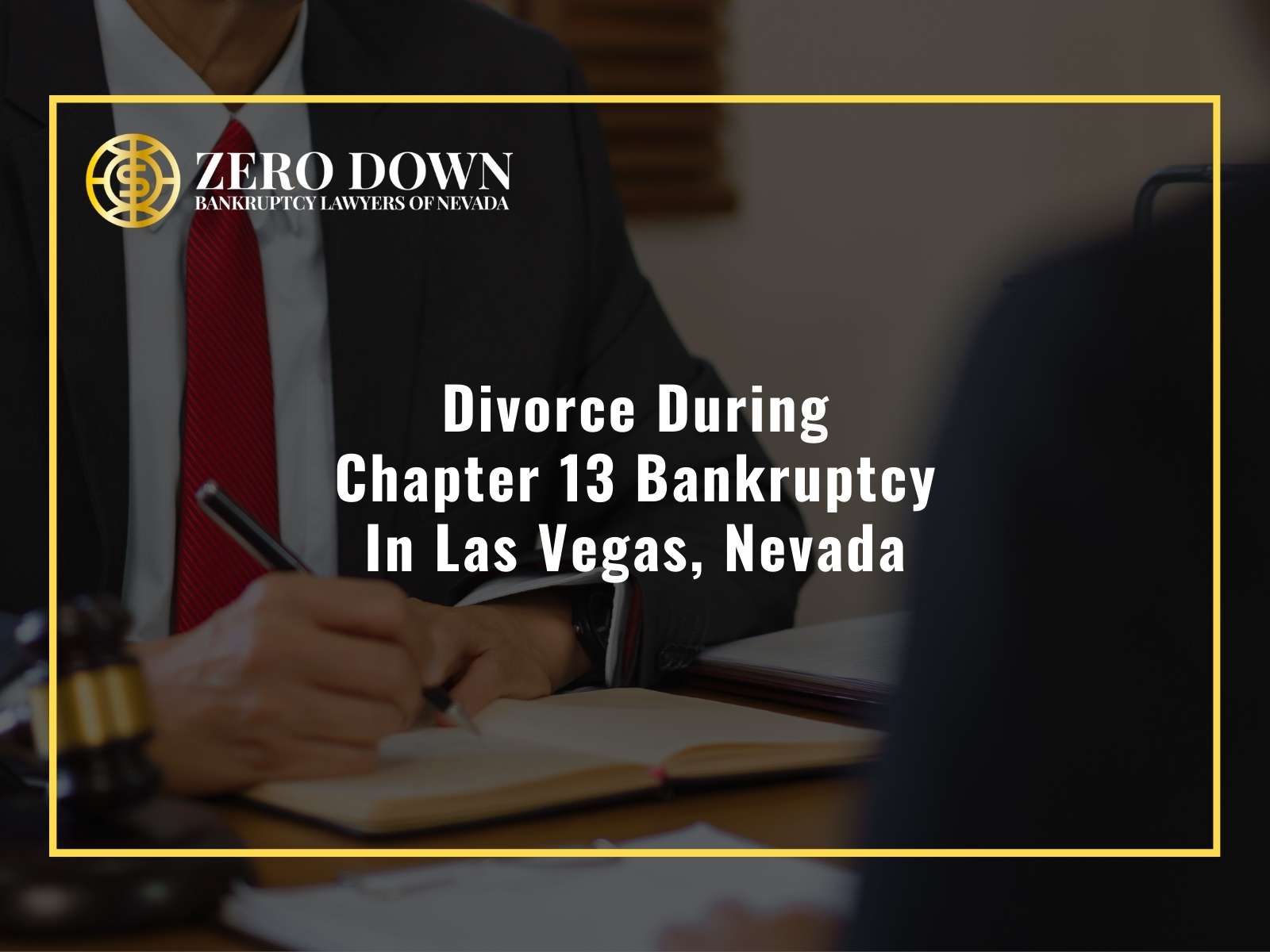Filing Bankruptcy In Nevada After The Holidays
New year, new you! Many people who are considering bankruptcy plan to do so early in the year, and not just because of a New Year’s Resolution. Regardless of religious beliefs, many families choose to shower each other with gifts during the holiday season. Not only that, but they may spend more than usual on extravagant meals, decorations, and travel. With a majority of American families living on a tight budget as it is, credit cards often bridge the gap between what a family can afford during the holidays and what they actually spend. But that doesn’t mean that a family can go all out on the holidays using credit cards and discharge all that debt in bankruptcy shortly afterward. There are limits on how much bankruptcy can do to change someone’s debt situation. A knowledgeable bankruptcy attorney can help you determine which limitations and restrictions may apply to your potential case. For your free consultation with a member of our Nevada bankruptcy firm, call 702-842-0700.

Credit Card Debt Dischargeability
The goal of filing bankruptcy is to erase, or discharge, debts. The easiest debts to discharge are those that are unsecured and non-priority. The most common examples of unsecured non-priority debts are personal loans, credit cards, and medical bills. But lawmakers recognize that some might abuse the ability to discharge credit card debts by maxing out as many credit cards as they can get approved for, planning on discharging them in bankruptcy. That’s why the Bankruptcy Code limits how much can be spent on credit cards in the months leading up to a bankruptcy filing. A debtor may not exceed $1,100 in cash advances from credit cards in the 70 days before a bankruptcy filing. Additionally, the debtor shouldn’t spend more than $800 on luxury products in the 90 days before filing. Any spending in excess of these limits won’t be discharged by bankruptcy.
How Does The Court Decide What Is A Luxury?
The word “luxury” can be subjective, as what is luxurious to some may feel like a necessity to others. Basics like gas and groceries aren’t considered luxury spending for bankruptcy purposes. But if you’re on the brink of bankruptcy, traveling interstate relying on credit cards may not be a good idea- this may be a year for your family to come to visit you. Additionally, you may want to be a little more pragmatic about your gifts to your children. For example, sneakers for gym class, colored pencils for art class, and a new coat for winter are more reasonable spending pre-bankruptcy than the latest video game system and other expensive gifts.
Am I Filing Chapter 7 Or Chapter 13?
Debt is treated differently in Chapter 7 and Chapter 13 bankruptcy. In Chapter 7 bankruptcy, unsecured non-priority debts are discharged, but other debts will remain. In Chapter 13 bankruptcy, all debts are paid off in a payment plan that lasts 3 or 5 years. If the debtor pays off all of the rest of their debts with their disposable monthly income, unsecured non-priority debts can be discharged at the end of the payment plan period.
The fact that debts are repaid in Chapter 13 and not in Chapter 7 may make Chapter 7 seem like an easy choice. However, Chapter 13 offers some benefits that Chapter 7 doesn’t. Also, Chapter 7 has strict qualifications- it may not even be an option for you.
One of the unique benefits offered by Chapter 13 is that it allows filers to discharge secondary mortgages on their home if they owe more on the home than its market value. Chapter 13 is also useful for catching up on payments for a financed asset to stop a repossession or home foreclosure. Filing Chapter 13 with a plan that arranges for full payment of child support arrearages is the only way to stop a child support wage garnishment. You may have valuable assets or expected assets (like a pending lawsuit) that wouldn’t be protected in a Chapter 7 bankruptcy. But one of the main reasons that people file Chapter 13 over Chapter 7 is simply because their income is too high to qualify for Chapter 7.
There are two ways to qualify for Chapter 7 bankruptcy. The simpler way is by making less than Nevada’s median income for your household size. With limited exceptions, only a legal spouse and minor children can count towards household size for bankruptcy income qualifications. The second way is by showing you don’t have sufficient disposable monthly income to pay off your debts using the means test. Both of these can be complicated to determine, especially if you have variable income. Determine your qualifications during your free consultation with one of our experienced bankruptcy lawyers at 702-842-0700.
Credit Cards After Bankruptcy
It’s important to file bankruptcy when you’re in a stable financial position because once your petition is filed, you will lose access to all of your credit cards. You won’t be able to open new credit cards and other lines of credit, either. However, you may have more income available after declaring bankruptcy. Filing bankruptcy may free up some of your income that could be going towards wage garnishments, interest, late fees, etc.
Credit cards could have been a contributing cause to your bankruptcy, but they can also be a useful way to rebuild your credit history after a bankruptcy. But the types of offers you receive may depend on the state of your credit after discharge. Many people assume that credit automatically freefalls after a bankruptcy filing. However, this is only true when someone has a healthy credit history prior to bankruptcy- a situation we don’t see all that often. If someone has a mid-tier bankruptcy score, it may not change all that much upon filing, but that can depend on if the debtor is up to date on all of their open lines of credit. Someone whose credit score is low and is behind on all of their credit reporting payments may actually see their score increase when their bankruptcy petition is filed with the court.
Not every credit card offer that comes in after a bankruptcy discharge will be a good one. Some may tout attractive features in the bold print but try to sneak in on predatory interest rates and usage fees. If you don’t review your new credit card offers carefully, you could end up in another unfortunate debt situation post-bankruptcy, when you may not have the option to file again.
Nevada Bankruptcy Lawyers With Great Service & Affordable Payment Plans
If holiday spending pushes you to your limit financially, it may be time to start thinking about bankruptcy. Bankruptcy offers protections that are invaluable to people who are struggling to manage debt. But it’s important that you understand how the bankruptcy law applies to your situation before your petition is filed, as not all bankruptcy errors are correctable. Without the proper guidance, you may not reap all of the benefits that bankruptcy has to offer. Zero Down Bankruptcy Lawyers of Nevada firm offers free consultations and competitive payment plan options. We can help make bankruptcy a more comfortable process and ensure that your case goes according to plan. To set up your free consultation, call 702-842-0700.

Zero Down Bankruptcy Lawyers
Phone: (702) 842-0700
Email: info@vegaszerodownbankruptcy.com
Las Vegas Office
5552 Ashley Creek St
Las Vegas, NV 89135
North Las Vegas Office
7251 W Lake Mead Blvd
Las Vegas, NV 89128
Henderson
1489 W Warm Springs Rd #110
Henderson, NV 89014







